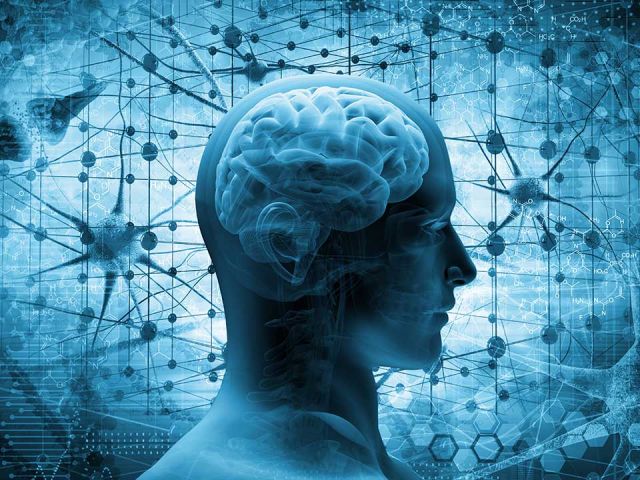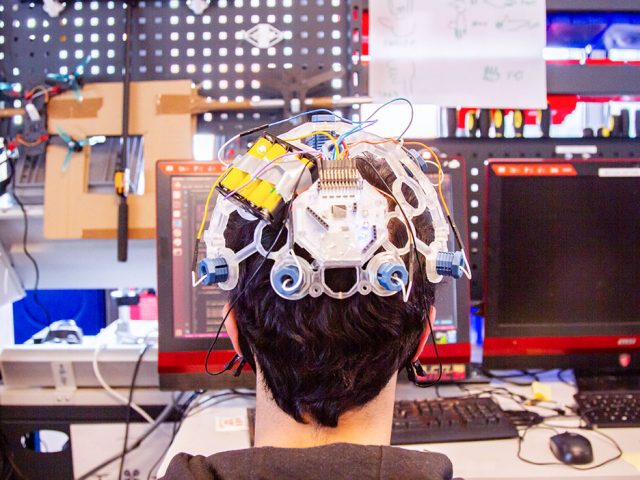As the years go by, the human mind undergoes a fascinating journey of growth and change. Intelligence, that complex amalgamation of cognitive abilities, doesn’t remain stagnant throughout our lives. Instead, it morphs and shifts, showing both resilience and vulnerability to the aging process. In this exploration, we’ll delve into the intricate interplay between intelligence and aging, shedding light on how cognitive abilities transform over time.
The Peaks and Valleys of Cognitive Abilities
One common misconception about intelligence and aging is that they follow a linear trajectory of decline. However, the reality is far more nuanced. Our cognitive abilities are made up of various components, such as memory, attention, reasoning, and problem-solving. Each of these components can experience its own trajectory, resulting in a mixture of peaks and valleys in our overall cognitive landscape.
Memory’s Evolution
Memory, often considered a hallmark of intelligence, illustrates this complexity well. While it’s true that certain types of memory, like the recall of specific details, might decline with age, other forms of memory, such as semantic memory (knowledge of facts and concepts), tend to remain stable or even improve. Older adults often exhibit a wealth of experience-based knowledge and a refined ability to connect information across domains.
Attention’s Shifting Focus
Attention is another cognitive aspect that evolves over time. While the ability to multitask might dwindle, older individuals tend to excel in selective attention – the capacity to concentrate on relevant information while filtering out distractions. This shift can be seen as a cognitive trade-off – a trade-off that might be better suited for certain tasks, like making thoughtful decisions or savoring the present moment.
Wisdom’s Emergence
Aging brings with it a certain depth of insight that is often characterized as wisdom. Wisdom involves the integration of knowledge, experience, and emotional intelligence to navigate complex life situations. It’s not about raw information processing, but rather about understanding nuances, appreciating different perspectives, and making balanced judgments. This aspect of intelligence tends to flourish with age, showcasing the intricate ways in which the aging mind adapts and grows.
Neuroplasticity: The Aging Mind’s Secret Weapon
The brain’s ability to change and adapt, known as neuroplasticity, remains a key player in the intelligence-aging dynamic. Contrary to the belief that the brain becomes fixed in its ways as we age, research suggests that neural connections can rewire themselves in response to new experiences and challenges. This means that learning doesn’t have an expiration date – the aging mind is still capable of forming fresh neural pathways and acquiring new skills.
Lifelong Learning: A Fountain of Youth for the Mind
Engaging in lifelong learning becomes not just an option but a necessity as we age. Just like physical exercise keeps our bodies in shape, mental stimulation through continuous learning helps keep our minds agile. Whether it’s picking up a musical instrument, learning a new language, or exploring a subject of interest, these activities stimulate the brain and foster cognitive vitality.
Mitigating Cognitive Decline
While some cognitive changes are natural, there are strategies that can help mitigate the potential downsides of aging on intelligence. Physical exercise, for instance, has been shown to have a positive impact on cognitive functions. Cardiovascular health plays a significant role in brain health, and regular exercise improves blood flow to the brain, supporting its vitality.

Social Engagement and Emotional Well-being
Maintaining an active social life also contributes to cognitive well-being. Meaningful social interactions provide mental stimulation, help combat feelings of isolation, and promote emotional well-being. Emotional health, in turn, has a profound effect on cognitive abilities. Chronic stress, anxiety, and depression can accelerate cognitive decline, making it essential to prioritize mental and emotional wellness as we age.
The Takeaway: Embracing the Cognitive Journey
The relationship between intelligence and aging is a multi-faceted one, marked by both challenges and triumphs. The aging mind showcases a unique blend of cognitive abilities that evolve, adapt, and sometimes even thrive as the years go by. Understanding that intelligence isn’t a singular, fixed entity allows us to embrace the changes and uncertainties that come with aging. For more insights and further information on how to improve cognitive function, feel free to visit their page to know more.
As individuals, we have the power to nurture our cognitive well-being through proactive measures such as staying mentally engaged, pursuing new interests, maintaining social connections, and prioritizing physical and emotional health. By acknowledging the intricacies of intelligence and aging, we can rewrite the narrative from one of decline to one of continual growth and transformation – a narrative that underscores the remarkable resilience of the human mind across the lifespan.




